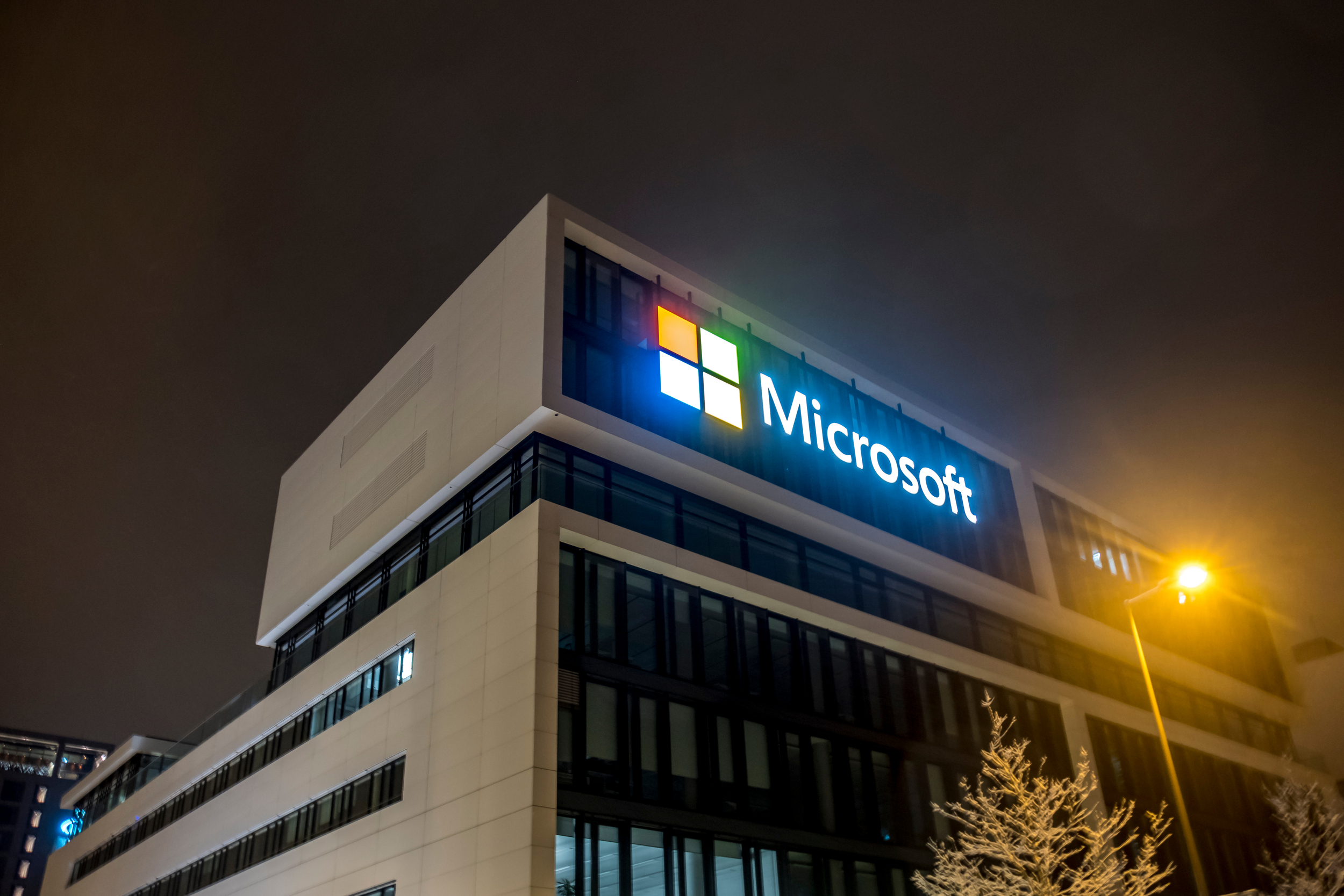The rapid development of AI in many areas requires increasing energy needs. Microsoft seems to have found the solution to ensure this demand in its data centers: nuclear technology.
It’s no secret that digital technologies strongly affect the environment, whether in terms of CO emissions2 or the use of resources that are becoming more and more precious, water or rare metals for example.
This observation is only getting worse, even more so since AI is being invested in on all sides. Its energy impact is considerable, even though institutions like the EU are pushing us to reduce our energy consumption. However, Microsoft is not about to slow down the development of its AI services and wants to tackle this resource problem head-on. The solution: nuclear energy.
Energy-hungry data centers
The more the demand for artificial intelligence increases, the greater the pressure on data centers. Training AI models involves many factors, all of which result in very high energy consumption. The infrastructures necessary for training (data centers) are made up of gigantic servers and storage solutions. These buildings consume a lot of electricity, both for their operation and to cool them.
In these data centers, the hardware used (often very powerful GPUs or TPUs: Tensor Processing Units) runs continuously to optimize the trained models. The energy bill is therefore very high. No one in the industry can say otherwise, and Microsoft is no exception.
Redemption in nuclear power
A job offer recently published by the company suggests that Microsoft would like to turn to nuclear power to absorb the load on its data centers. The offer in question referred to a “Principal Program Manager Nuclear Technology”, who could oversee the integration of SMRs (small modular reactors) and microreactors into the production cycle.
SMRs are not yet commercialized on the market. As you can see in the diagram below, these are smaller reactors than conventional reactors. They use less energy and are now being considered as serious alternatives. Currently, their only known use is military, for submarines and aircraft carriers.
For the moment, nothing is decided yet. Microsoft will have to overcome several obstacles before considering the integration of these SMRs, initially regulatory. Installing nuclear modules close to data centers also raises questions regarding the security of the installations. What is certain is that Microsoft is seriously working on the issue, the job offer is proof of this. If you are ever interested in this offer, it can be found in the sources below.
Sources: Microsoft (job offer), Neowin

6